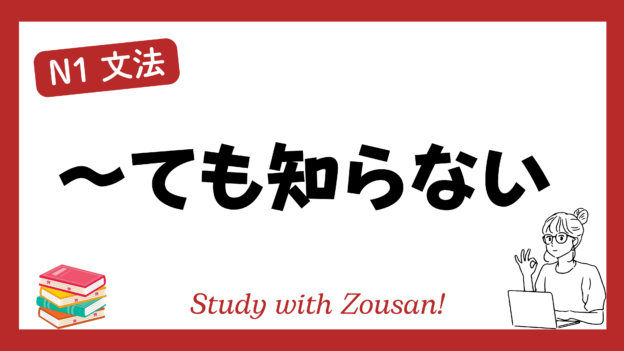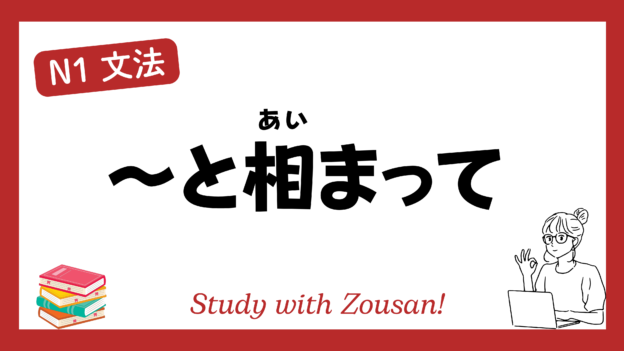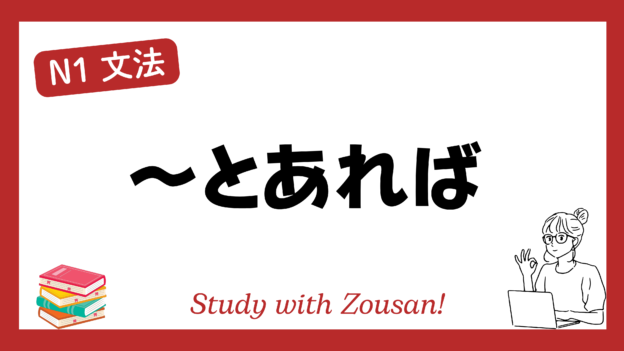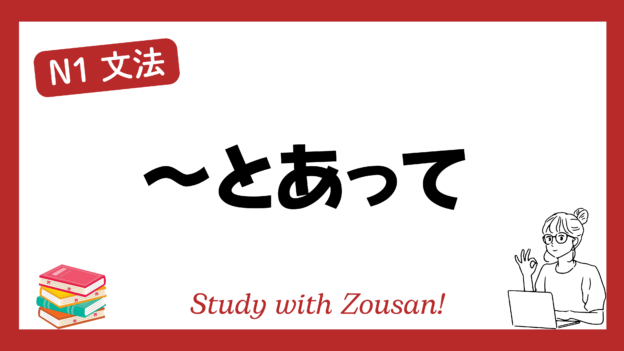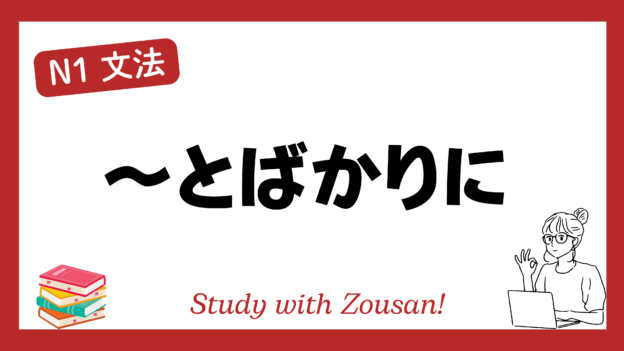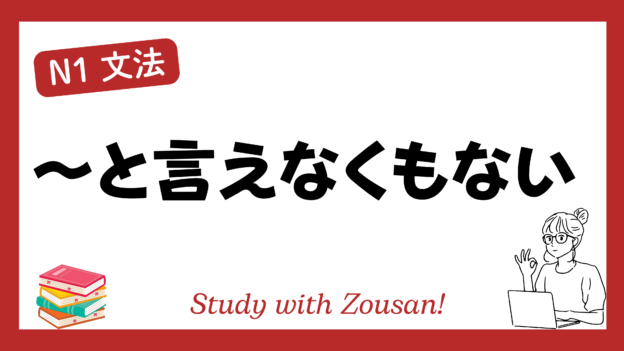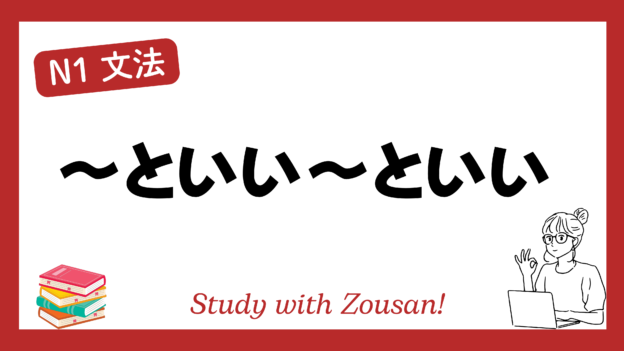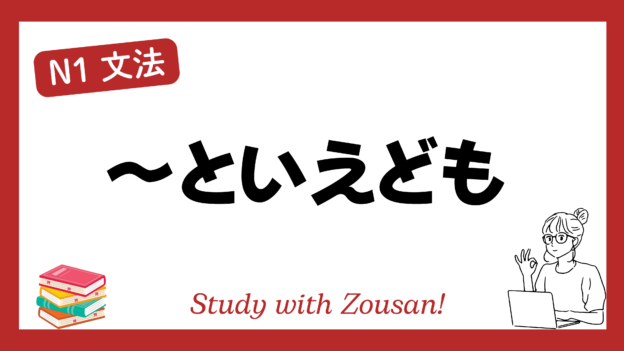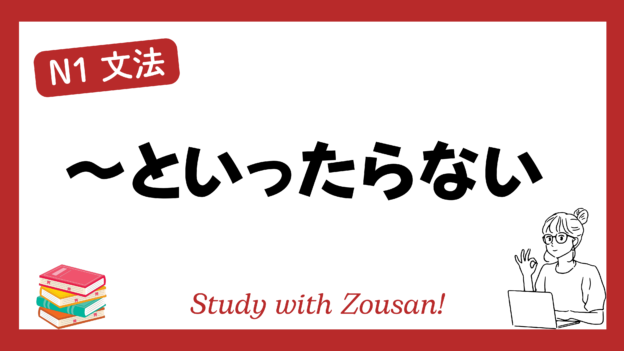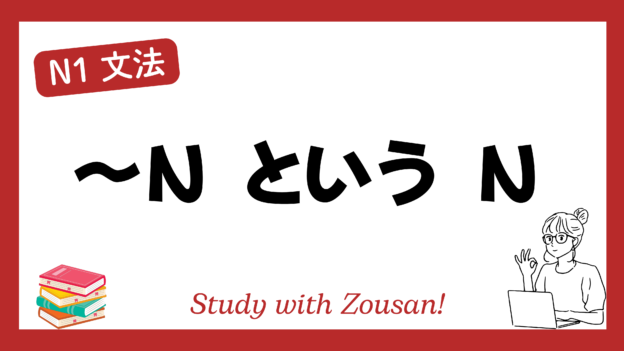Meaning: “If you…, don’t blame me”, “If you…, it’s your responsibility”, “If you…, there will be consequences”
This structure is used to warn or advise someone that if they do something (usually something unwise or bad), they must bear the responsibility for the outcome, and the speaker will not intervene or take responsibility. It often carries a tone of warning or mild threat.
※Note: This structure is typically used in casual contexts and can convey a friendly warning that an action will lead to negative consequences.
Structure:
| Verb (て form) + も + | 知らない |
Example:
-
-
-
🌟 そんなに夜遅くまで起きていたら、明日眠くなっても知らないよ。
(そんな に よる おそく まで おきて いたら、あした ねむく なって も しらない よ。)
If you stay up that late, don’t blame me if you’re tired tomorrow. -
🌟 ゲームばかりしていたら、試験に落ちても知らないよ。
(げーむ ばかり していたら、しけん に おちて も しらない よ。)
If you keep playing games, don’t blame me if you fail the exam. -
🌟 そんな食べ方をしていたら、お腹を壊しても知らないよ。
(そんな たべかた を していたら、おなか を こわして も しらない よ。)
If you keep eating like that, don’t blame me if you get a stomachache. -
🌟 傘を持たないで出かけたら、雨が降っても知らないよ。
(かさ を もたない で でかけたら、あめ が ふって も しらない よ。)
If you go out without an umbrella, don’t blame me if it rains. -
🌟 勉強しなかったら、成績が悪くなっても知らないよ。
(べんきょう しなかったら、せいせき が わるく なって も しらない よ。)
If you don’t study, don’t blame me if your grades drop. -
🌟 そんなに飲みすぎたら、明日二日酔いになっても知らないよ。
(そんな に のみすぎたら、あした ふつかよい に なって も しらない よ。)
If you drink too much, don’t blame me if you get a hangover tomorrow. -
🌟 宿題をやらないと、先生に叱られても知らないよ。
(しゅくだい を やらない と、せんせい に しかられて も しらない よ。)
If you don’t do your homework, don’t blame me if the teacher scolds you. -
🌟 そんなに遊んでばかりいたら、お金がなくなっても知らないよ。
(そんな に あそんで ばかり いたら、おかね が なくなって も しらない よ。)
If you keep playing around like that, don’t blame me if you run out of money. -
🌟 早く帰らないと、電車がなくなっても知らないよ。
(はやく かえらない と、でんしゃ が なくなって も しらない よ。)
If you don’t go home soon, don’t blame me if you miss the last train. -
🌟 そんな無理をしていたら、体を壊しても知らないよ。
(そんな むり を していたら、からだ を こわして も しらない よ。)
If you keep pushing yourself like that, don’t blame me if you get sick.
-
-


